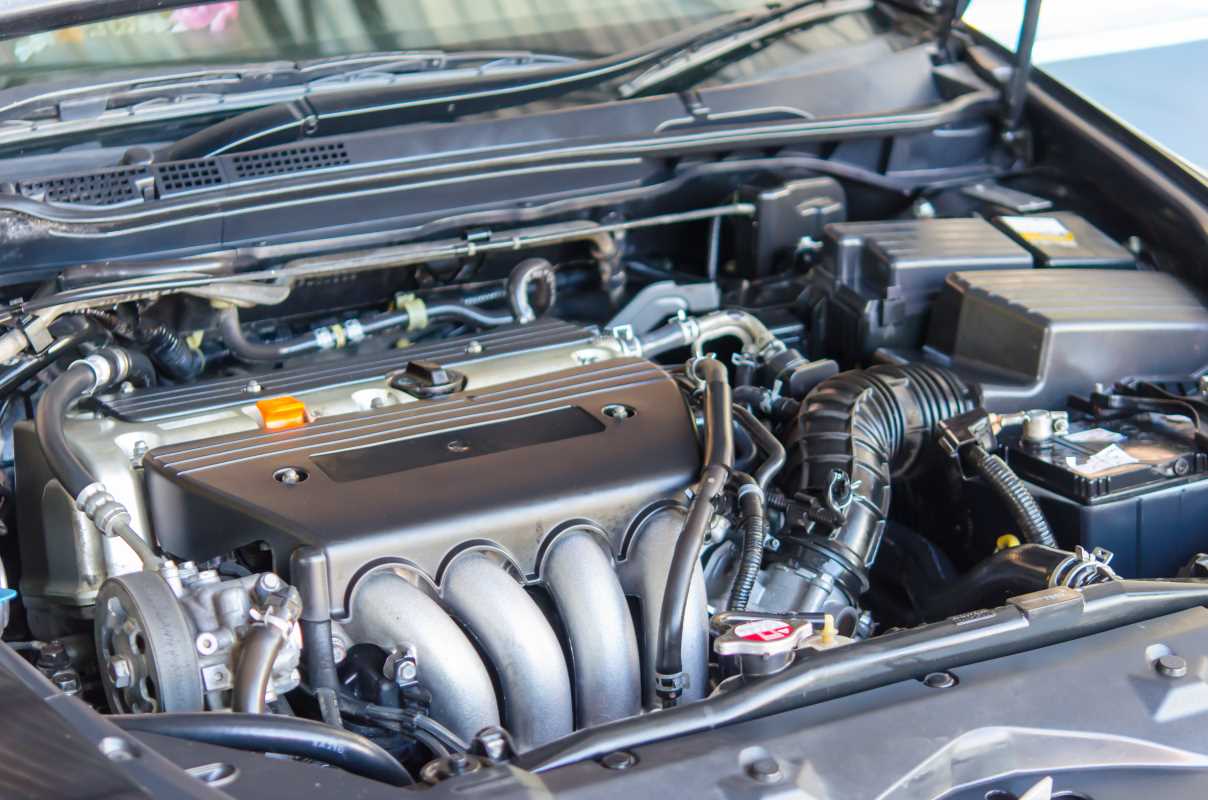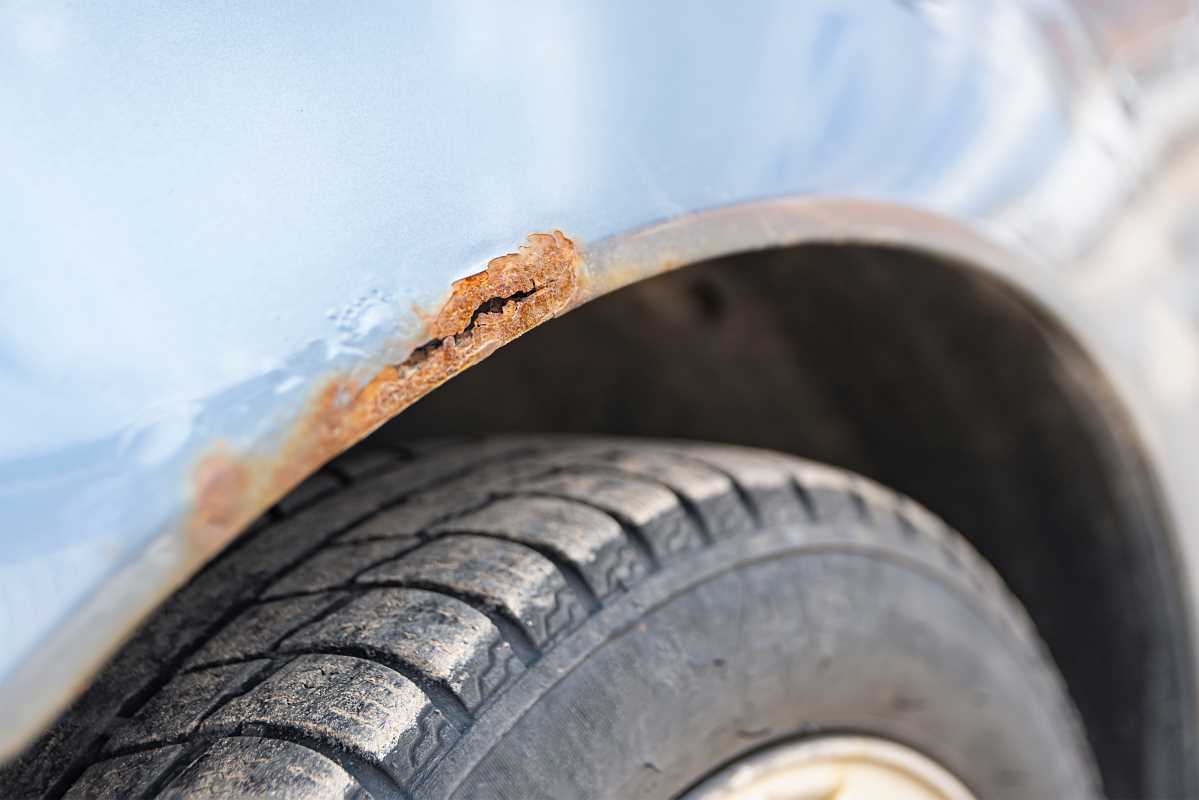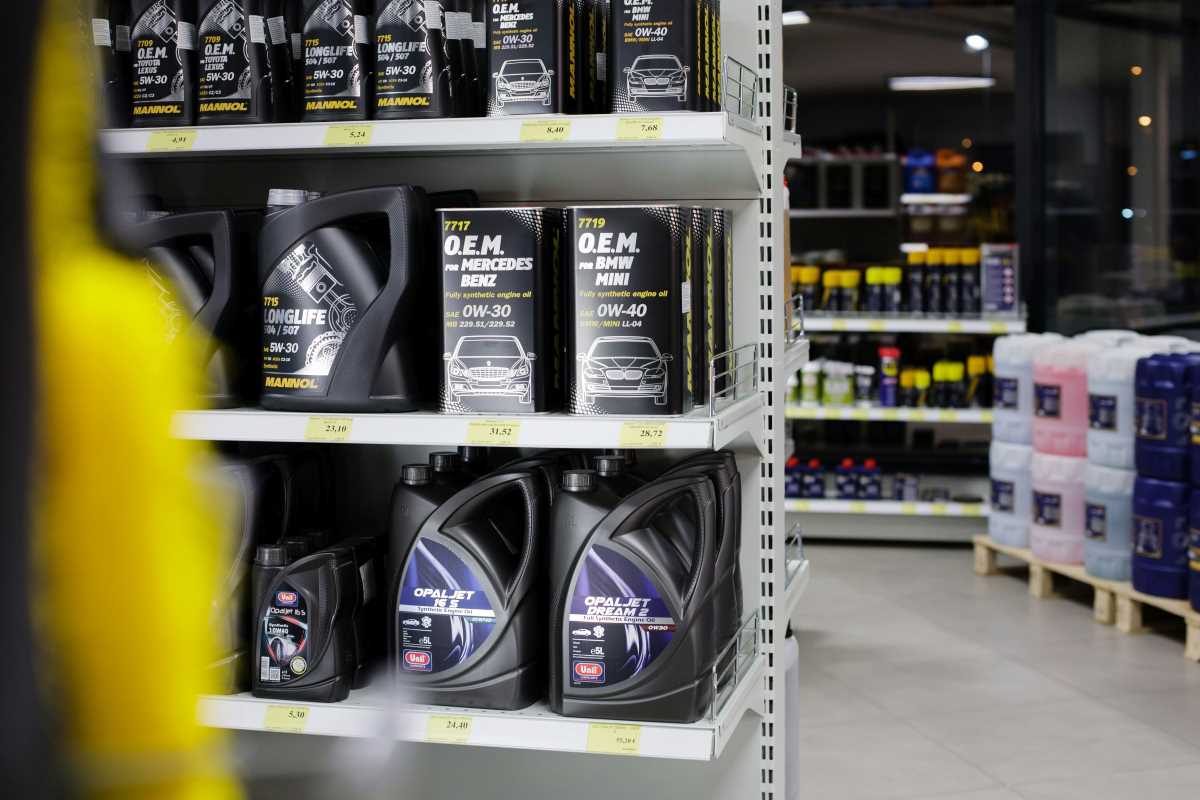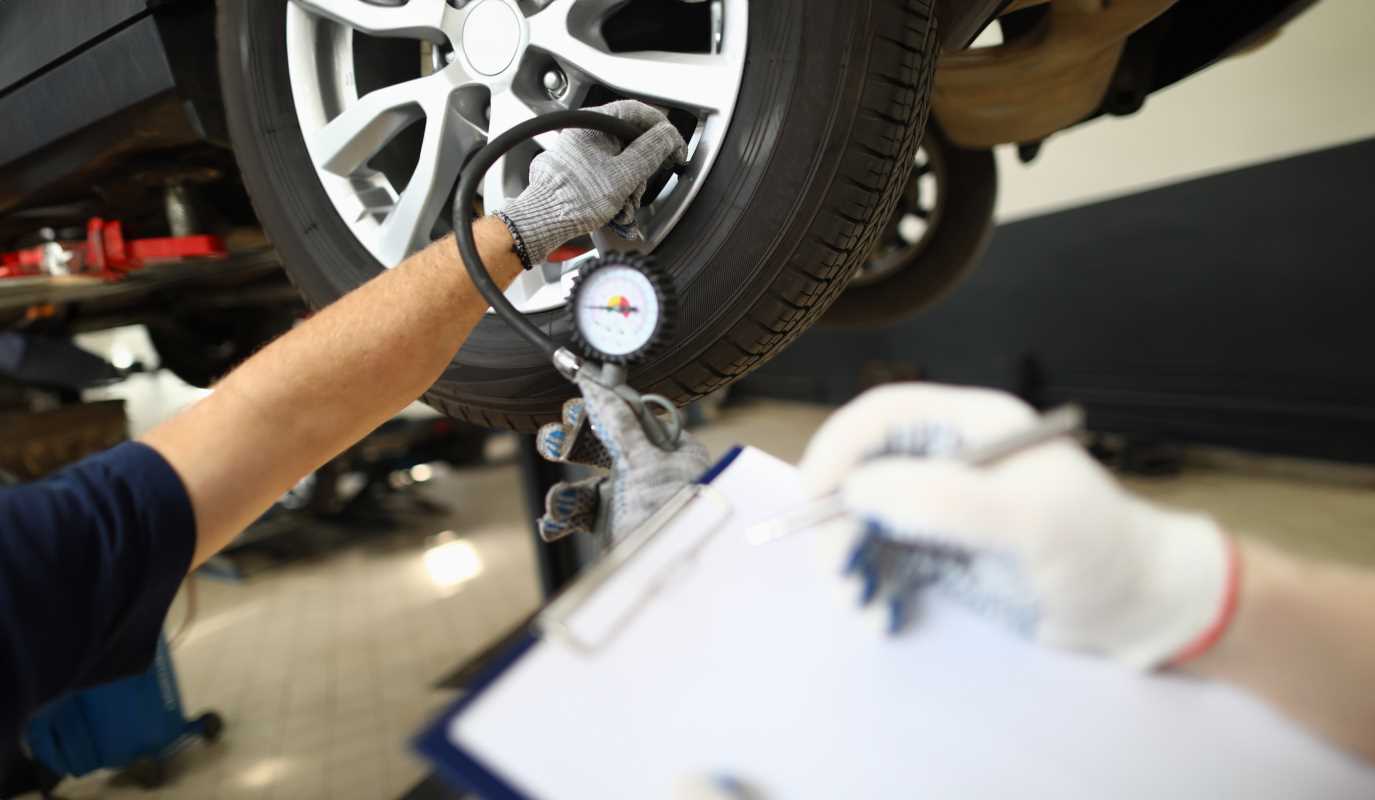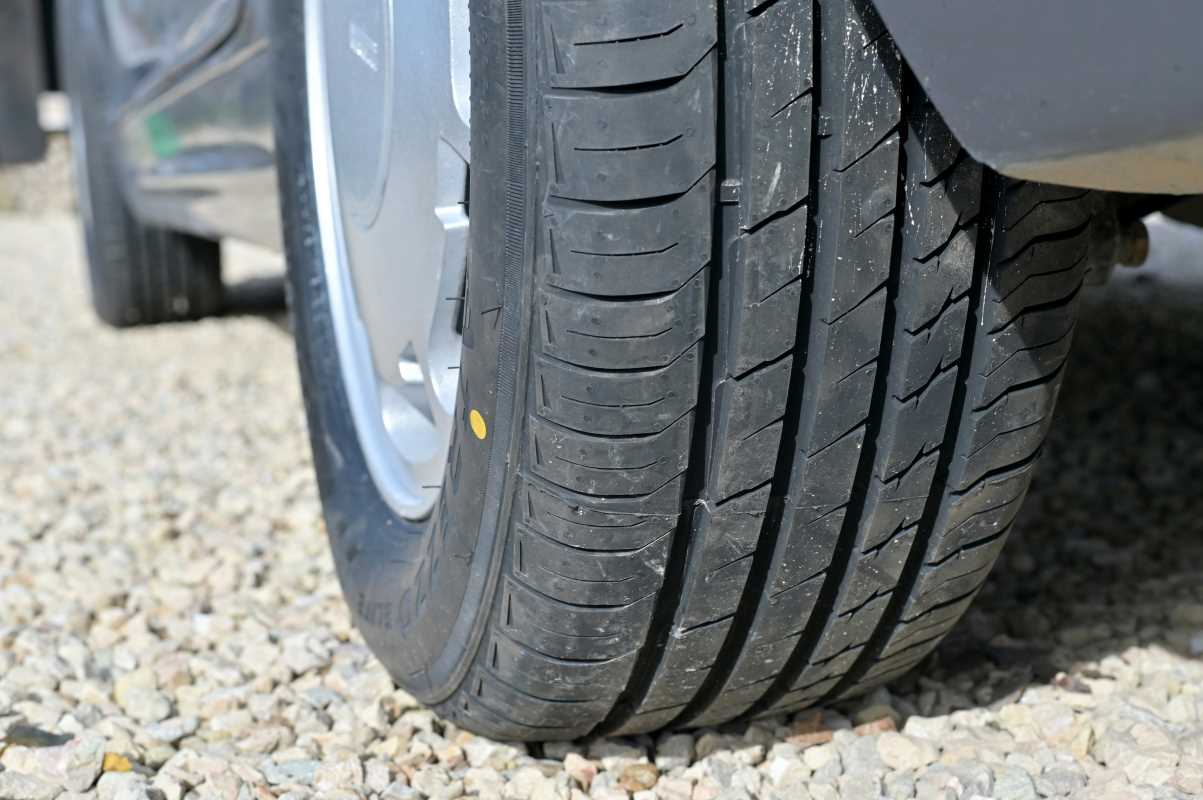Taking care of your car’s engine bay isn’t just for people who want their vehicles to shine at car shows. It is an essential maintenance step for anyone who wants their car to perform well and last longer. Cleaning under the hood does more than improve the appearance of your engine bay. It helps your engine stay cooler, allows you to spot small leaks before they become bigger problems, and prevents parts from wearing out prematurely. With so many cleaning products available at auto stores, choosing the right one can be overwhelming. This guide simplifies the process by explaining the different types of cleaners, their specific uses, and offering tips to help you make the best choice.
Why Clean Your Engine Anyway?
Looking under the hood and seeing everything tidy has a way of making you feel good about your ride. But more than that, getting rid of dirt, grease, and road crud stops all that buildup from holding onto heat. A hotter engine doesn’t run as well, might wear down faster, and things can get expensive if you ignore trouble spots.
A spick-and-span engine isn’t just for looks. If your car springs a tiny oil or coolant leak, it’s incredibly easy to notice it against clean surfaces. That means you catch problems early, before they grow into wallet-draining headaches. Not to mention, wiping away sludge and gunk can keep rubber, plastic, and wiring in good shape longer. This saves you time and money later. Giving everything a cleaning once a year or so can seriously pay off in the long run.
The Main Types of Engine Cleaning Products
Cleaners come in a handful of styles, each suited for different jobs. Knowing what’s out there helps you match the product to your engine’s needs.
Water-Based Solutions
Most folks reach for a water-based cleaner because these work for lots of jobs and are usually gentle on your engine parts and the environment.
- How they work: These products use surfactants (special ingredients that lift oil and grease) and let you wash off grime with water.
- Ideal use: Regular cleaning on modern engines, especially where there’s not a ton of heavy buildup. Simple Green All-Purpose Cleaner is one example that’s safe for different surfaces.
- How to use: Spray on a cooler engine, allow it a few minutes to do its thing, brush any stubborn spots, and gently rinse using a low-pressure hose.
Heavy-Duty Solvents
Some cases require extra muscle. For instance, it will when your car hasn’t seen a clean-up in ages or runs hot and has baked-on grease. That’s where strong solvent-based cleaners come in.
- How they work: They use petroleum-based ingredients to break down thick, tough grime.
- Ideal use: Older engines, work vehicles, or anything seriously caked with oil. Works best for blocks and tough metal parts.
- How to use: Products like GUNK’s Original Formula usually come in aerosol cans. Spray the cleaner, let it soak, and follow all safety advice.
Foam and Gel Variations
If your engine is tricky to clean (think tight corners and vertical surfaces), foams or gels might be a perfect fit.
- Foams: GUNK Foamy Formula expands into hard-to-reach spots and sticks long enough to work on grime without dripping off too soon.
- Gels: Products like heavy-duty gel degreasers stick even longer, making them great for persistent, stubborn buildup. Let it sit for longer to loosen grease and wipe it away.
Wipes for Quick Touch-Ups
Recent innovations now include cleaning wipes that let you refresh certain areas without water. This is ideal for quick jobs or situations where you don’t want to hose things down. GUNK Degreasing Wipes make cleaning sensors and smaller areas easier and are gentle enough for your hands, too.
Points to Consider Before You Buy
Now that you know what’s out there, keep these factors in mind to get exactly what fits your needs.
1. Is It Safe for All Parts?
Engines are built with a mix of metals, rubber, plastic, and sometimes painted pieces. Accidentally using the wrong cleaner can cause real trouble.
- Go gentle: Skip harsh stuff like bleach or vinegar. Bleach can eat away at metal and rubber, while vinegar causes rust. Stick to cleaners clearly labeled for use on engines.
- Read the label: Trustworthy brands tell you if their solution is safe for things like aluminum, plastic, and hoses. Water-based products are great for peace of mind with newer vehicles.
2. Consider How Much Dirt You’re Facing
It’s important to match the product to the task.
- General grime: Mild water-based sprays or foams will usually do the trick.
- Stubborn gunk: Got years of caked-on mess? You’ll probably need a solvent or heavy-duty gel and a good, tough (but non-metallic) brush.
3. How Will You Apply It?
You don’t need pro tools to get good results, but comfort and convenience count.
- Spray and hose: The standard method (spray, wait, rinse) works for most.
- Pressure washer: If you’re using a washer, keep the setting gentle, and avoid aiming directly at any wires, electronics, or open intakes.
- Wipes: Awesome for those who want to avoid water or only need to spot-clean.
4. Are You Thinking Eco-Friendly?
Not all cleaners are created equal. Water-based options often have little or no smell, don’t release as many chemicals into the air, and are easier on the planet. Be sure to check your town’s rules. Sometimes, washing cars at home is limited to avoid messy runoff. Self-serve car washes usually have drainage that captures and filters wastewater.
Go the Extra Mile: Add Protection
Once things are nice and tidy, a finishing spray makes a big difference. GUNK Engine Shine and Protector helps keep grime and dust from getting a foothold, while also giving plastic and rubber a slick, like-new look. It makes future cleanup a breeze and helps your under-hood area stand out.
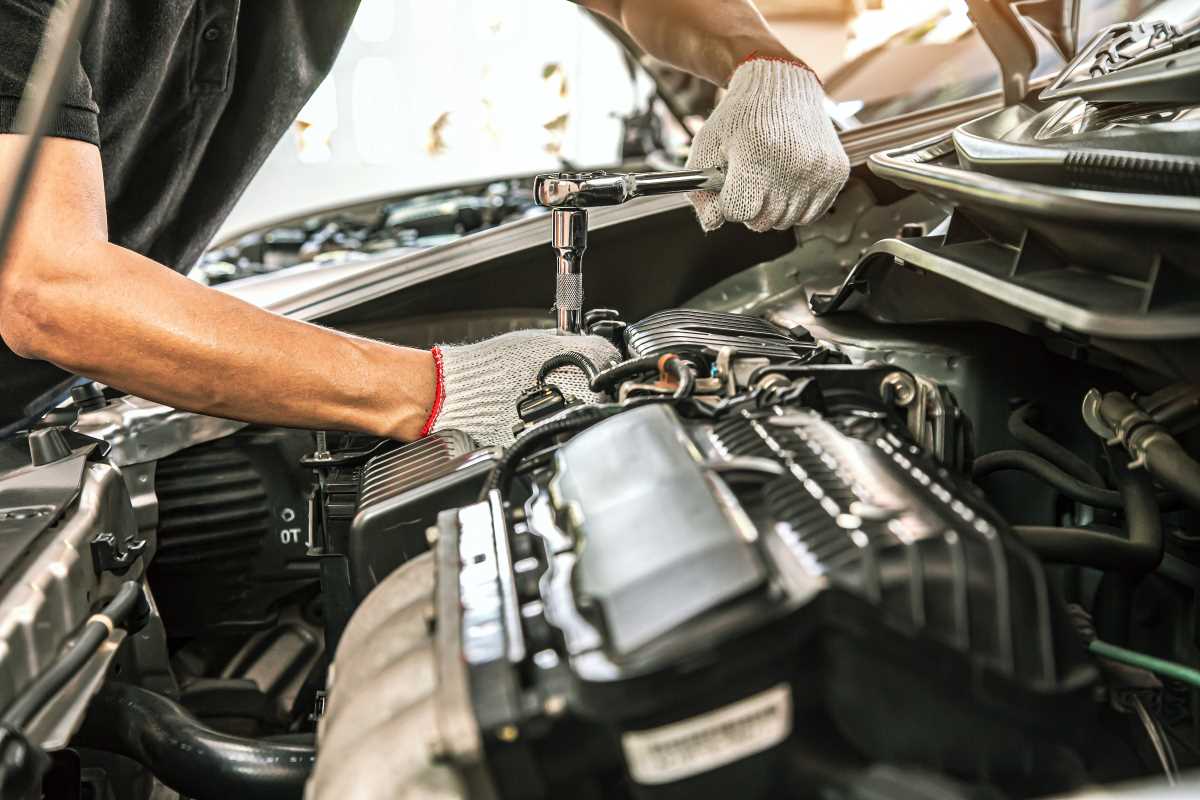 (Image via
(Image via
